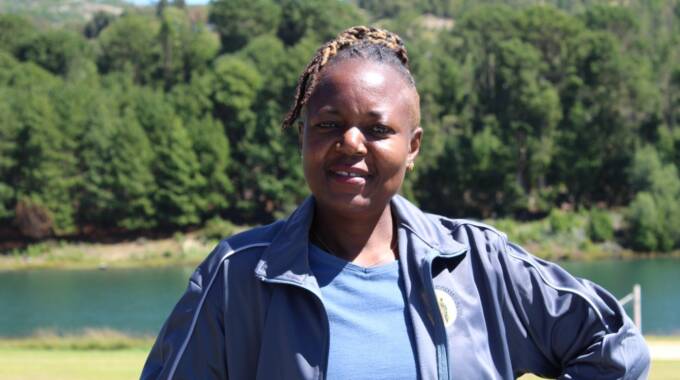
The Sunday Mail

Miriam Tose Majome
SOCIAL media is computer-based technology that facilitates the sharing of ideas, thoughts, opinions and information through virtual networks and communities.
There are various social media platforms, the most common in Zimbabwe being WhatsApp, Facebook, Twitter, Instagram and YouTube.
It is estimated that half of the world’s population is now using social media, according to the Digital 2021 Global Statshot Report. Global Web Index (GWI) puts it at 57,6 percent, with about 400 million new users each year.
The increase in social media use has necessitated the development of laws to regulate and govern these platforms worldwide.
Most countries, therefore, have cyber laws that govern the use of social media.
In South Africa, the Cybercrimes Act exists to regulate social media and detect, prevent and investigate cybercrimes. In the United States, there is no single law regulating cybersecurity. However, different states have their own laws. Examples are the Digital Millennium Copyright Act and the Communications Decency Act.
In the United Kingdom, the Computer Misuse Act of 1990 sees to all matters regarding cybercrimes and computer-related crimes.
Zimbabwe lagged behind other countries in regulating cyberspace until 2021, when the Data Protection Act was gazetted.
It provides for the lawful use of media technology, and investigation and collection of evidence of cybercrime and unauthorised data collection, as well as breaches and admissibility of electronic evidence in court.
The Act is not perfect and has many grey areas that create loopholes and opportunities for abuse and manipulation. Some media practitioners view the Act as potentially repressive and can be used to muzzle online media houses and limit online media freedoms.
Social media misuse has both criminal and civil elements, just like in the material world. Invasion of privacy is one of the biggest infringements committed on social media. A typical example is the unauthorised sharing of other people’s private issues, particularly regarding infidelity situations.
This violates peoples’ rights to personal dignity and protection against humiliating and degrading treatment.
People’s lives, careers and reputations have been ruined by careless social media gossip.
Social media has no central control; therefore, affected people do not have an opportunity to defend themselves.
Other civil infringements include defamation, cyberbullying, abuse and theft of intellectual property, and revenge pornography.
The various social media infringements and penalties are defined in the Act. Penalties for offenders include imprisonment and fines.
While violators can be prosecuted and imprisoned, private individuals who feel aggrieved by actions of social media users can file civil lawsuits and claim damages.
Besides the Data Protection Act, aspects of other legal instruments like the Postal and Telecommunications Act, including the Criminal Code, can be used to deal with cybercrimes.
Anonymity is, however, the biggest problem for social media regulation.
The biggest culprits of social media abuse use pseudonyms and ghost accounts. Anonymous users are almost impossible to track and unmask in order to hold them liable for their crimes. This is the biggest challenge for regulatory bodies like the Zimbabwe Media Commission when handling complaints by people who have been abused by online media houses on social media.
Miriam Tose Majome is a commissioner of the Zimbabwe Media Commission



